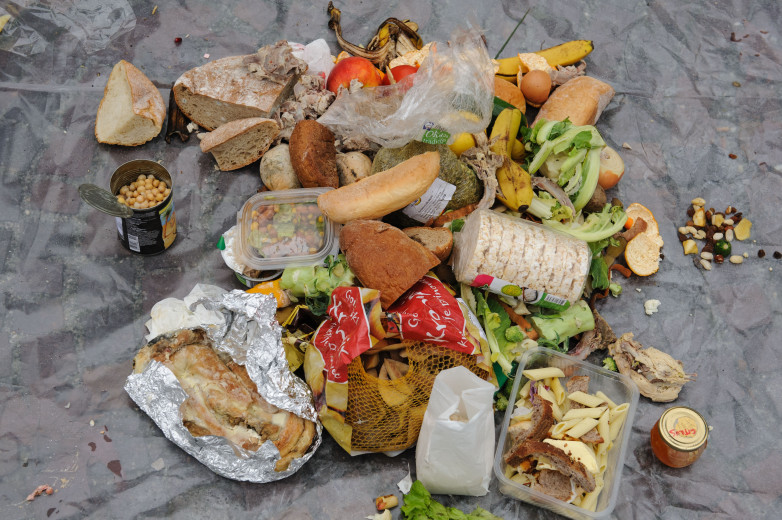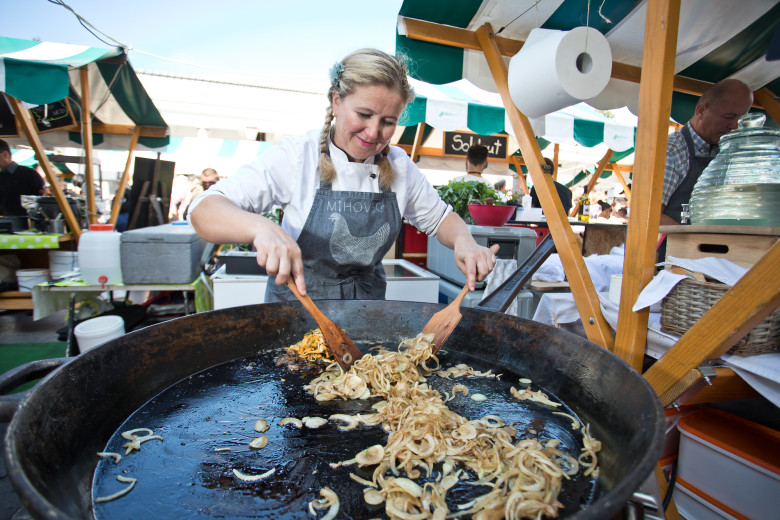Date: 24. April 2024
Time to read: 3 min
On the Slovenian No Food Waste Day, we are calling to wake up to the food consciousness and to be more frugal with the food. Let's plan our meals, buy local, sustainable food and use leftovers to make new dishes. Think about what you really need before you buy food.
For the fourth year running, 24 April marks a day dedicated to food waste.
The main aim of the activities on this day is to encourage individuals to reduce and prevent food waste.
It also presents a range of options for using food that often goes unused.
This is the second official Slovenian No Food Waste Day, which encourages individuals to reduce and prevent food waste.
A day without food waste
This year's campaign for the Slovenian No Food Waste Day encourages people to raise their food consciousness and to be more frugal with their food.
Planning your meals, buying local, sustainable food and using leftovers to make new dishes are essential steps to reduce food waste.
According to Eurostat, the total amount of food waste in Slovenia in 2013 was around 118,000 tonnes, and in 2022 it will be just under 151,000 tonnes. Two-fifths of this amount was edible, while the remainder consisted of inedible parts such as bones and stones, peelings and egg and other shells or husks. Households generate the largest share of food waste, 47%. This is followed by catering and food service with 37%.
The problem of food waste is very acute
In addition to the need to plan your diet, composting is also important, as this way food does not go to waste, but becomes organic fertiliser through the principle of circular economy.
Students from more than 100 primary schools involved in the Kuhnapato project, led by Anka Peljhan, are also being smart with their food.
Knowledge, creativity and motivation are key to a responsible attitude towards food, and the project teaches children that we can create a new, high-quality and delicious meal with the leftovers from a meal. From apple peelings, potatoes and turnips, many parts of food that are usually thrown away are extremely tasty.




